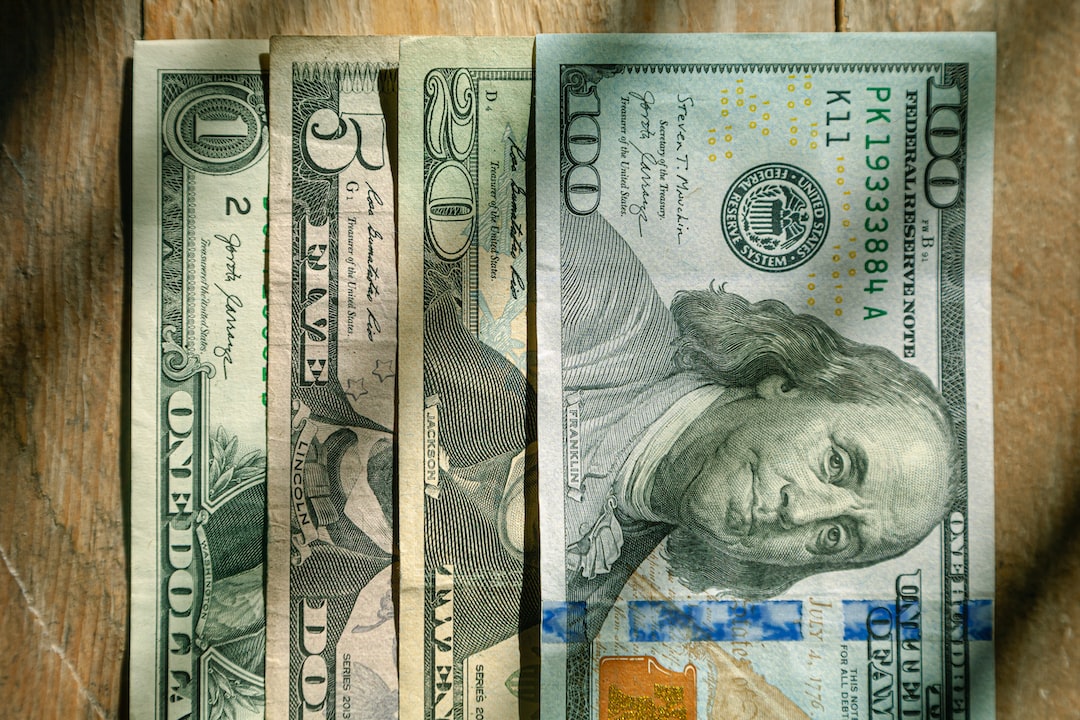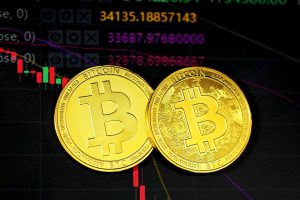Foreign exchange, or forex, is one of the most dynamic and complex markets in the world. With trillions of dollars being exchanged on a daily basis, it’s no surprise that banks and financial institutions are interested in manipulating this market for their own benefit. Forex manipulation by banks is a practice that has been going on for many years, and it can have a significant impact on the global economy. In this article, we will explore how banks manipulate forex and the consequences of their actions.
What is Forex Manipulation?
Forex manipulation is when banks or other financial institutions try to influence the exchange rate of a currency for their own benefit. This can be done in various ways, including market rigging, collusion, or insider trading. Banks that participate in forex manipulation typically have access to large amounts of information and resources, which they use to their advantage.
One of the most common ways that banks manipulate forex is through market rigging. This involves artificially inflating or deflating the price of a currency through large-scale trades or orders. For example, a bank may place a large order to buy a currency, which can cause the price to rise. They can then sell the currency shortly after, making a profit on the difference.
Collusion is another method of forex manipulation that involves multiple banks working together to manipulate the market. This can be done through sharing information or coordinating trades to influence the exchange rate. Insider trading is also a form of forex manipulation, where individuals with inside knowledge of market movements use that information to their advantage.
Why Do Banks Manipulate Forex?
Banks manipulate forex for a variety of reasons. One of the primary reasons is to increase profits. By manipulating the exchange rate, banks can make a profit on the difference between the buying and selling price of a currency. This can be done through market rigging, collusion, or insider trading.
Another reason banks manipulate forex is to protect their own interests. For example, if a bank has a large exposure to a particular currency, they may try to manipulate the exchange rate to reduce their risk. This can be achieved through market rigging or collusion with other banks.
The Consequences of Forex Manipulation
Forex manipulation can have significant consequences for the global economy. When banks manipulate forex, it can distort the exchange rate and create an unfair advantage for certain players in the market. This can lead to market instability and volatility, which can have a negative impact on businesses and individuals.
Forex manipulation can also lead to decreased confidence in the financial system. When banks are caught manipulating forex, it can create a perception of corruption and unethical behaviour. This can erode public trust in banks and financial institutions, which can have a ripple effect throughout the economy.
Regulatory Response
In recent years, there has been increased regulatory scrutiny of forex manipulation. Regulators have introduced new rules and regulations to try to prevent this practice from occurring. For example, the Financial Conduct Authority (FCA) in the UK has introduced new rules around market conduct, which aim to promote fair and transparent trading practices.
In addition to regulatory action, there have also been legal consequences for banks that have been caught manipulating forex. Banks have been fined billions of dollars for their involvement in forex manipulation, which has led to significant reputational damage and financial losses.
Conclusion
Forex manipulation by banks is a practice that has been going on for many years. Banks use various methods to manipulate the exchange rate of currencies for their own benefit, including market rigging, collusion, and insider trading. The consequences of forex manipulation can be significant, including market instability and decreased confidence in the financial system. Regulators have introduced new rules and regulations to try to prevent this practice from occurring, and banks that are caught manipulating forex can face significant legal and financial consequences.






